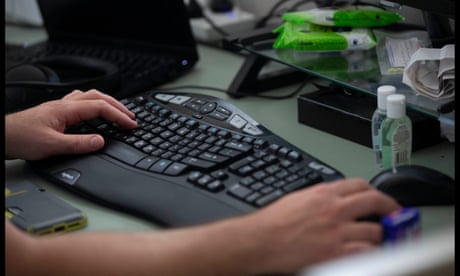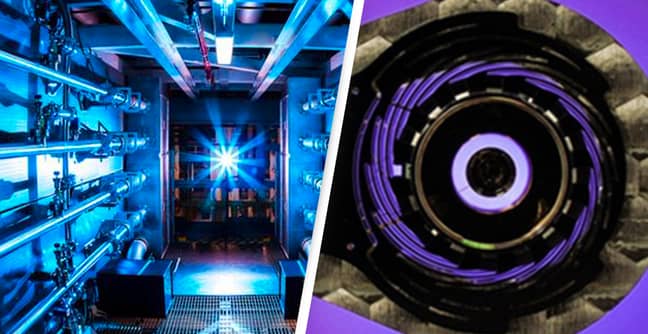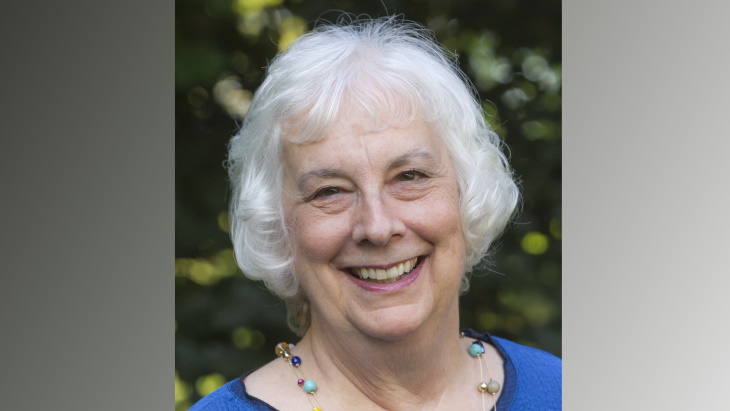Starbucks workers in Buffalo, N.Y., vote to unionize: a 1st for the company in the U.S.
The 19-8 vote in favour of a union must be certified before taking effect
Starbucks workers have voted to unionize at a store in Buffalo, N.Y. over the company's objections, pointing the way to a new labour model for the 50-year old coffee giant.
The National Labour Relations Board said Thursday that workers voted 19-8 in favour of a union at one of three locations. The board is still counting votes for two other stores.
If the labour board certifies the vote — a process expected to take about a week — it would be the first for any Starbucks-owned store in the U.S. to unionize. Starbucks has actively fought unionization at its stores for decades, saying its stores function best when it works directly with employees.
Workers watching the vote count over Zoom on a big screen at a union office in Buffalo erupted into cheers and chants of "Elmwood, Elmwood, Elmwood!" when the results of that location was announced. They jumped up and down and hugged.
Workers at all three stores began voting by mail last month on whether they wanted to be represented by Workers United, an affiliate of the Service Employees International Union.
Baristas waging the campaign have said they are organizing in part to have more of a say in the workload created by the company's mobile app, which has left them struggling to keep up with surges in orders for Frappuccinos and other custom coffee drinks.
The pandemic has created a surge in mobile orders at Starbucks and other restaurant chains. The baristas in Buffalo and elsewhere complain that they cannot limit the number of mobile orders per hour, leading to unexpected surges they struggle to fulfil.
Individual stores can turn off mobile orders completely for their locations temporarily, but that requires a manager's approval, the company confirmed, and customers can then order from other nearby locations.
Baristas said that adds to those other stores' burdens, but the company said such shifts do not necessarily lead to overflows in other stores.
100 workers voting out of 220,000 in U.S.
The union vote involves about 100 workers, a tiny fraction of the roughly 220,000 Starbucks employees in the U.S. But a win in Buffalo could catch fire as baristas who have also complained about thin staffing and little control over workplace conditions enjoy more power in a tight labour market.
Since the Buffalo campaign was announced in August, three other nearby locations and one store as far away as Arizona have sought to follow its lead.
"We respect the process that is underway and, independent of any outcome in these elections, we will continue to stay true to our mission and values," Starbucks CEO Kevin Johnson told employees in a letter on Tuesday.
Employees who spoke with Reuters said they want higher wages, seniority pay and better staffing levels. But burnout from mobile orders and frustration with other tech systems has been an important driver in the campaign, interviews with five workers suggest.
"Technology was made for customers and not for employees," said Casey Moore, a barista at one of the Starbucks locations whose votes are being counted on Thursday.
"Without a union, we haven't been able to voice how the technology could also work for us."
A Starbucks spokesman said the company is constantly updating its app based on employee and customer feedback.
Reward memberships increased in pandemic
Moore and other employees interviewed by Reuters said they are not opposed to integrating technology into their work in principle but want more of a say in how it is developed and deployed in stores.
When Starbucks launched seasonal holiday drinks and gave out free tumblers in November, the mobile ordering system was so inundated with orders at one Buffalo area store that staff fell behind by as much as 40 minutes and threw away at least 30 drinks abandoned by customers, said James Skretta, a barista there.
The Seattle-based chain has about 20 stores in and around Buffalo. It launched its app in 2009 but added new ways to pay and earn points in 2020 as reward memberships soared during the pandemic.
The mobile order app "completely changed what it means to be a barista," said Danka Dragic, a shift supervisor at one Buffalo area store.
Starbucks baristas are not the only workers who have balked at stores' high-tech makeovers. Five workers at a Chipotle Mexican Grill Inc. location in Austin, Texas, quit after becoming overwhelmed with mobile orders, according to media reports.
Walmart Inc. in June rolled out an app that it said enables employees to complete various tasks from their phones, but labour advocates warned the technology could open the door to more-stringent productivity quotas.
Union warns of 'the creep of punitive technology'
A Walmart spokesperson said the app eases aspects of work, including scheduling, clocking in and communication for employees.
"Workers across industries are challenging the creep of punitive technology in the workplace," Bianca Agustin, corporate accountability director at labour non-profit group United for Respect, said in a statement.
The International Brotherhood of Teamsters has fought to ensure sensors and other technology installed in United Parcel Service trucks are not used to punish drivers, and hospitality union Unite Here has pushed for tech aimed at boosting worker protection, including panic buttons for hotel cleaners.
Starbucks baristas also chafe at a performance management program that rates their customer service — especially because they are under pressure by other technology that tracks how fast they process drive-thru orders.
"It's as though you are making drinks under the pressure of trying to defuse a ticking time bomb," Skretta said.










.jpg?ext=.jpg) (Image: GEH)
(Image: GEH)